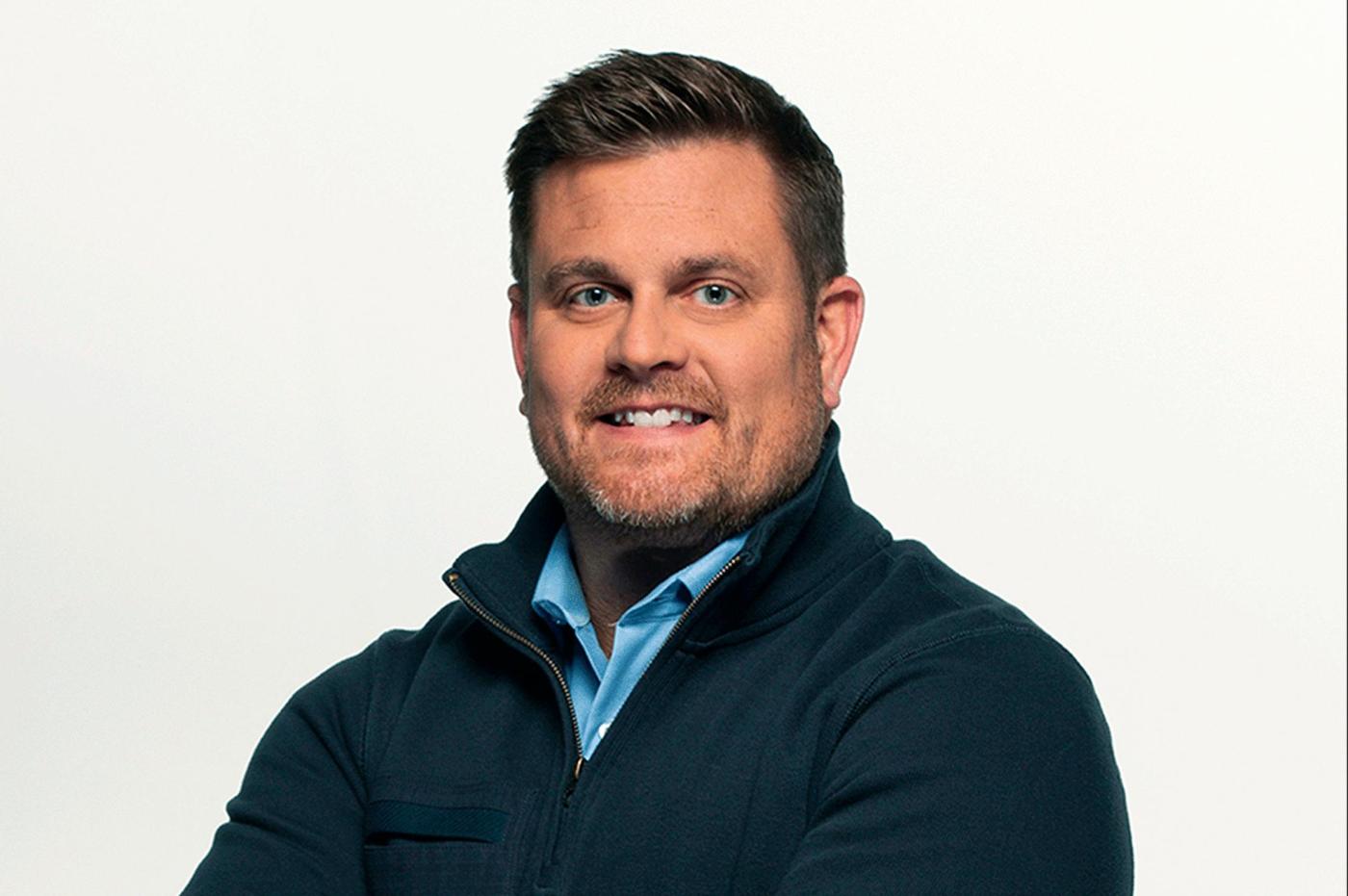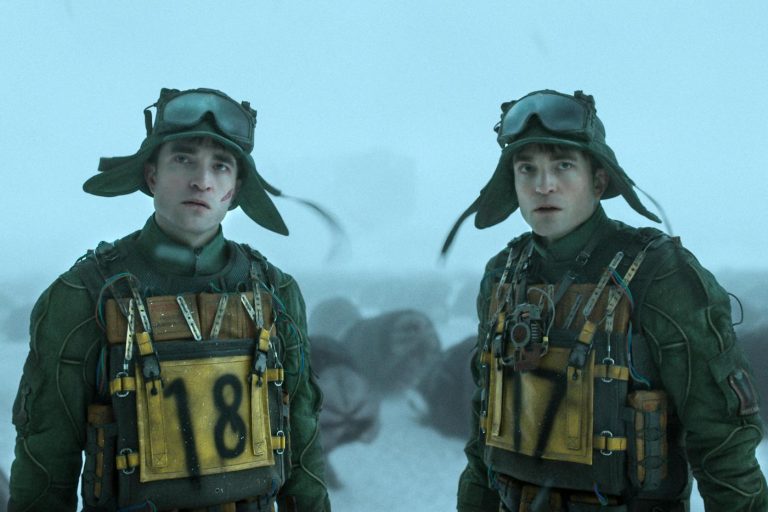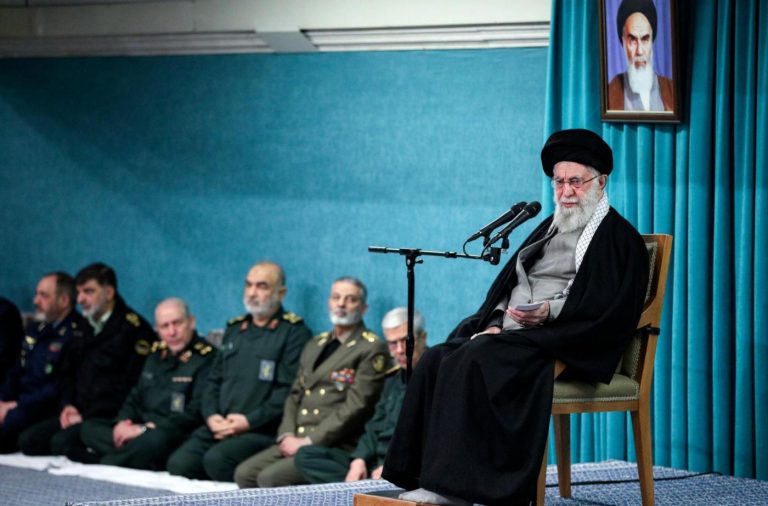One of the more moving stories in The New York Times this week is an account of the life of Brian Thompson, the UnitedHealthcare CEO who was gunned down on Dec. 4 outside of a New York hotel.
Thompson “grew up in a working-class family in Jewell, Iowa,” a tiny farming community north of Des Moines, Amy Julia Harris and Ernesto Londoño reported. “His mother was a beautician, according to family friends, and his father worked at a facility to store grain.” Thompson’s childhood was spent “going row by row through the fields to kill weeds with a knife, or working manual labor at turkey and hog farms.”
Those details are worth bearing in mind as some people seek to cast his killing as a tale of justified, or at least understandable, fury against faceless corporate greed. One ex-reporter, Taylor Lorenz, said she felt “joy” at the killing. Sen. Elizabeth Warren, D-Mass., offered that “violence is never the answer” but “people can only be pushed so far.” Pictures of Luigi Mangione, the 26-year-old charged with the murder of Thompson, have also elicited a fair amount of oohing and ahhing on social media over his toned physique and bright smile.
But if Mangione’s personal story (at least what we know of it so far) is supposed to serve as some sort of parable, it isn’t one that progressives should take comfort in. He is the scion of a wealthy and prominent Maryland family, was educated at an elite private school and the University of Pennsylvania and worked remotely from a nice apartment in Hawaii. And while Mangione, like millions of people, apparently suffered from debilitating back pain, excellent health care is not generally an issue for Americans of great wealth.
Related Articles
Farmers to write more California home insurance policies ahead of planned reforms
Damage claims from the Airport fire run the gamut — from millions for burned houses to $3 for M&Ms
California’s home insurance crisis: Which Bay Area neighborhoods have lost the most coverage
UnitedHealthcare CEO’s shooting opens a door for many to vent frustrations over insurance
What is trip cancellation and interruption insurance?
All this suggests that Mangione may prove to be a figure out of a Dostoyevsky novel — Raskolnikov with a silver spoon. It’s a familiar type. Ilich Ramírez Sánchez, better known as Carlos the Jackal, was a lawyer’s son whose mother moved him to London before he went on to become an international terrorist. Osama bin Laden came from immense wealth. Angry rich kids jacked up on radical, nihilistic philosophies can cause a lot of harm, not least to the working-class folks whose interests they pretend to champion.
As for the suggestion that Thompson’s murder should be an occasion to discuss Americans’ supposed rage at private health insurers, it’s worth pointing out that a 2023 survey from the nonpartisan health policy research institute KFF found that 81% of insured adults gave their health insurance plans a rating of “excellent” or “good.” Even a majority of those who say their health is “fair” or “poor” still broadly like their health insurance. No industry is perfect — nor is any health care model — and insurance companies make terrible calls all the time in the interest of cost savings. But the idea that those companies represent a unique evil in American life is divorced from the experience of most of their customers.
Thompson’s life may have been cut brutally short, but it will remain a model for how a talented and determined man from humble roots can still rise to the top of corporate life without the benefit of rich parents and an Ivy League degree. As for the killer, Sen. John Fetterman had the choicest words: He’s “going to die in prison,” the peerless Pennsylvania Democrat told HuffPost. “Congratulations if you want to celebrate that.”
Bret Stephens is a New York Times columnist.












